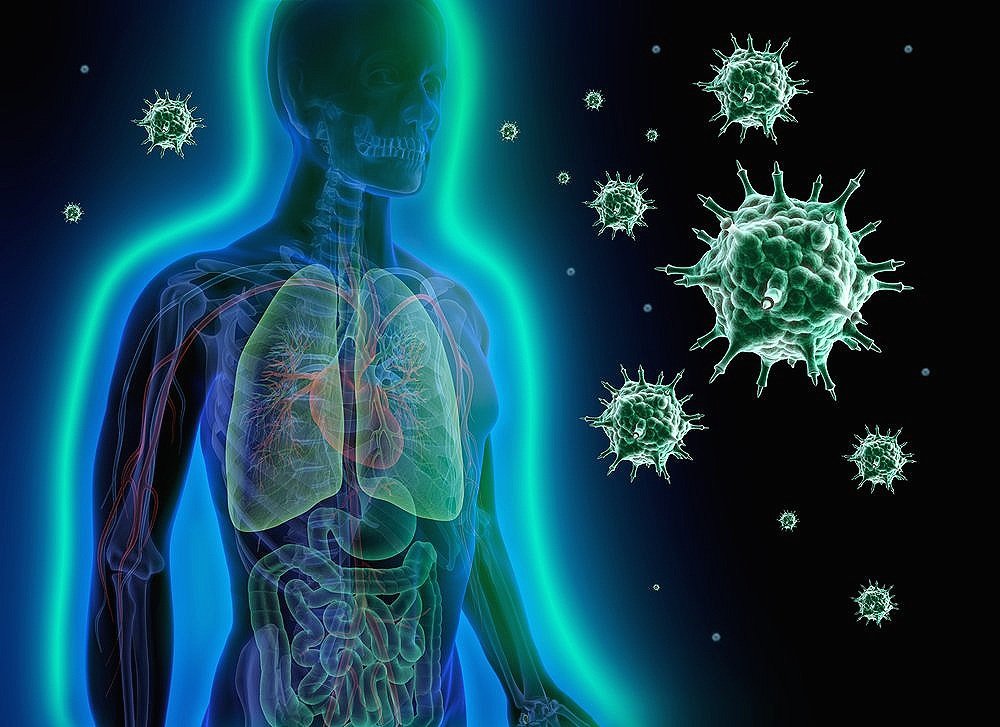What About Your Immune System?
Optimal immunity depends on optimal nutrition.
The last two years have put added pressure on our immune system. The Covid virus itself as well as being in lockdown with often minimal time to be in the sun and other complications such as stress and limited access to nutrient-dense foods or perhaps lack of motivation to focus on a nutrient-dense lifestyle.
As a Nutritionist, one of the questions that we always ask is about your immune system.
“How often do you get a cold?”
“How long does it last?”
“Do you suffer from allergies?”.
This gives us a good indication of how well your body can protect against harmful substances, germs, and internal cell changes as well as the ability to produce antibodies (proteins made by the body) to defend and protect against disease.
The reason why a nutritionist thinks this is important to know is that, of all the body’s systems, the immune system responds most sensitively to even the most subtle changes in nutritional status.
Nutrients we need for an optimal immune system
Protein
to make the much-needed antibodies.
Vitamin C
is an antioxidant that has many functions involved with the immune system, including encouraging the production of white blood cells, stimulating the production of antibodies, and regenerating Vitamin E (another antioxidant required for optimal blood vessel’s function and infection-fighting T-cell production).
Vitamin D
enhances the immune system’s response to both bacterial and viral invaders by enhancing white blood cell function.
Zinc
is needed for normal development and optimal function of immune cells and antibody formation. Zinc deficiency rapidly diminishes immune response, giving opportunistic invaders space and time to take hold.
Selenium
is an antioxidant and is also required to produce T and B cell. T cells can wipe out infected or damaged cells, they also help B cells to eliminate invading pathogens. B cells create antibodies. Because of this, selenium depletion occurs when there is an infection and during times of inflammation.
Iron
is vital for the production of all cells throughout the body, including those of the immune system, with deficiencies impacting the production of white blood cells and therefore antibodies to protect against disease.
Food Sources
Vitamin C
Blackcurrants, green and red capsicum, chili’s, oranges, strawberries. With a smaller amount in watermelon, citrus fruits, mango, cabbage, broccoli, and tomato. Vitamin C is destroyed with high heat, although weirdly enough blanching them (ie, broccoli) preserves it.
Selenium
The amount of selenium in a food depends on the soil quality where it is grown. The best sources are organic Brazil nuts, from Brazil (where soil quality seems to be better), wheatgerm, brewers’ yeast, meats, seafood garlic, and organ meats.
Zinc
Meat, liver, eggs, seafood (especially oysters) are the best sources. It can also be found in miso, tofu, brewers’ yeast, mushrooms, and green beans. Seeds, nuts, legumes, and whole grains also contain zinc, but for optimal absorption, it is best to sprout these to help break down the phytates which impair absorption.
Iron
There are two types of iron. Haem and non-haem iron.
Haem iron is in general, more bioavailable and is found in animal sources. Liver, red meat, poultry, fish, oysters, shellfish, kidney.
Non-haem is in plant products. Egg yolk, nuts, legumes, fruit, dried fruit, dried herbs, dark molasses, beetroot, grains, and tofu. Dairy is a pretty poor source of iron.
Vitamin C enhances the absorption of iron, so it’s a good idea to squeeze some lemon juice over your meats before eating them.
Protein
Animal products, nuts, seeds, eggs, dairy, tofu, legumes.
Vitamin D
The best source is sunlight exposure (sunscreen blocks absorption), 15-25 mins are optimal. Cholesterol in your skin helps to convert and activate it (by passing through the kidney a few times). Sun exposure produces up to approximately 90% of bioavailable (able to be used by your body) vitamin D3, with recent research stating that it’s almost impossible to get sufficient vitamin D from dietary sources alone. Hence the need for supplementation if you have limited sun exposure.
Limited food sources are found in fatty fish (sardines, tuna, salmon, herring, beef, and liver). Apparently placing your mushrooms bottom-up in the sun lets them absorb vitamin D, but then your body still must activate it.
THINGS THAT IMPAIR OUR IMMUNE SYSTEM
Stress has been shown to decrease the white blood cells that fight off infection. It can also impact the digestion of foods, thereby reducing the available nutrients for uptake. Have you ever noticed that you feel bloated after eating when you’re stressed? Or maybe you’re not even hungry when your feeling stressed. Simple things like taking deep breaths before a meal, eating slower, with more breaks in between mouthfuls and even going for a walk after a meal can have a profound impact on how your body breaks down the food you eat.
Excess Sugar impairs the immune system in a few different ways. Seeing as approximately 70% of your immune system is in your gut, it’s no wonder what you eat has a direct effect on your immune response. Hidden bacteria or pathogens love sugar. It gives them strength and life, helping them to proliferate. An easy tip is to cut back on sugar, especially when you’re not feeling great. Add in more salads, soups and fruits.
Why See a Nutritionist
A nutritionist can help make sure that you are getting adequate nutrients to optimise immune function as well as suggest some lifestyle changes that may suit your individual needs and individual digestion better. We also may be able to suggest appropriate supplementation if required.
*It is important to have blood tests to get a reading on vitamin D and iron levels before supplementation.







